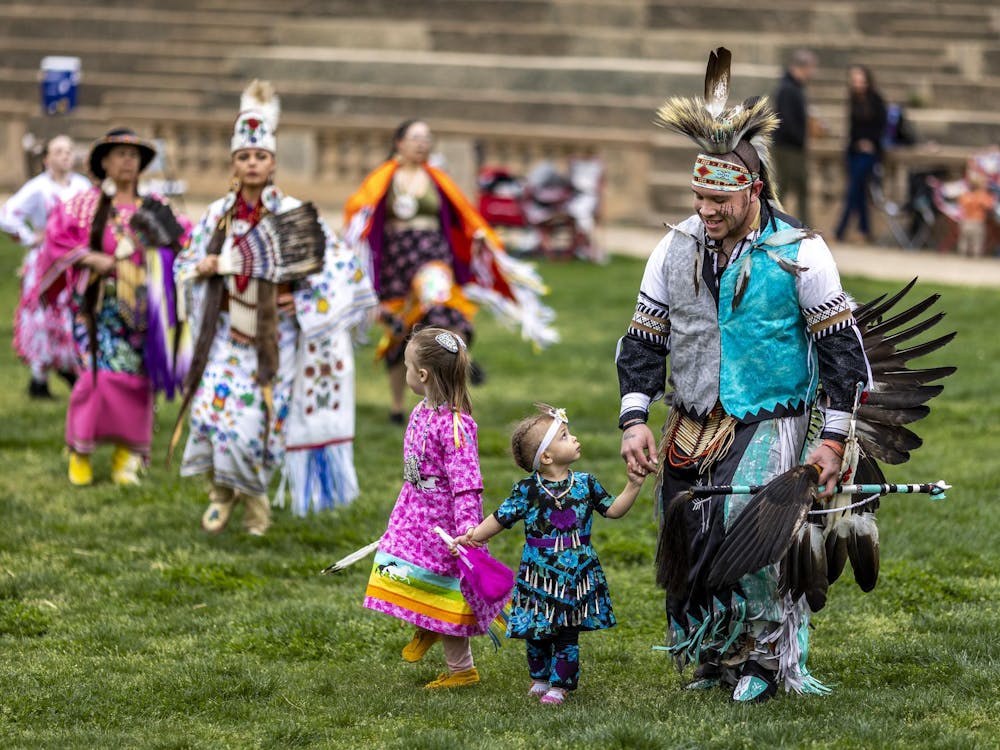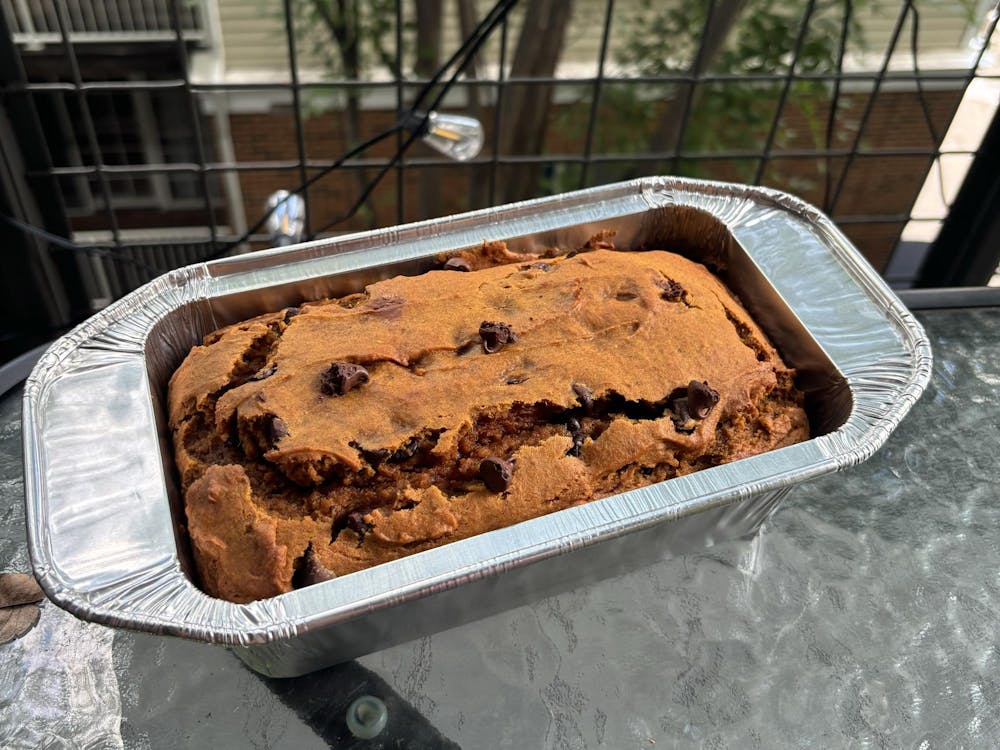I love social media. But I also hate social media — and I don’t think I’m the only one who feels this way.
In many ways, social media is great. Facebook allows me to plan trips to vineyards with old roommates and keep up with high school friends at other schools. Twitter is my main news source. Instagram simultaneously reaffirms my youngest sister is cooler than me and allows me to share my pictures in an artsy way. Snapchat — well, at least I receive Snapchats that make me feel better about my own life.
But not everything about social media is great. There’s a darker underside to most of these platforms. We acknowledge this with the people closest to us, but, as a larger society, we have a hard time critically analyzing and discussing these technologies.
Overall, I consider myself a pretty happy person. I attend a school I love. I have friends who not only buy me cupcakes and joke gifts regularly, but are also there for me when I need someone to help me over-analyze my problems. I even look forward to family dinners — especially when they’re at held Coastal Flats.
But like everyone else, I have days when I am down on myself or stressed about work. Those are the days I think social media can be more toxic, as I find myself comparing my own life to someone else’s highlight reel.
When we’re already down, we forget people put the most managed version of themselves on the Internet. This is especially true on Facebook — most people on my timeline seem to only post pictures from their fun weekend adventures and only update their status to share news of a summer internship. Absent are accounts of how many nights they cried themselves to sleep because of a recent breakup or rants about how their roommate forgot to do the dishes again.
During my more stressful times in college, I deactivated my Facebook, just so I could focus on achieving my own goals without worrying about everyone else’s lives. It was a freeing experience; when your Facebook is gone, you realize how many hours you spend wasting your time lurking on your newsfeed. You realize there are ways to cure boredom that aren’t Facebook stalking.
Yet whenever I finished my paper or caught up on all my reading, I reactivated my Facebook — viewing it as a necessary evil. I wanted to be invited to my friends’ apartment parties and support their philanthropies. In many ways, not being on Facebook means you don’t exist; we never seem to take the time to externally reach out to people anymore unless they’re in our inner circle. We figure creating a Facebook event or post is enough to keep people on the periphery involved in our lives.
Conversely, with its use of a timeline, Facebook makes it all too easy for me to see what someone was posting in high school and find all those embarrassing selfies they took, even though those postings no longer represent who the person is today. To me, it seems Twitter has some significant advantages to Facebook, partially for this reason. It’s hard to find someone’s tweet from a year ago, so the platform itself emphasizes the present and acknowledges that people change over time.
Yet one of the pitfalls of Twitter is the false sense of intimacy created when you follow someone. They are constantly providing snippets of information about their lives. You feel you know the person better than you do. The reality of Twitter is that you can read someone’s tweet history and still not know a single substantive thing about that person.
And I imagine I’m not the only one who’s had a spine-chilling moment of social embarrassment when we mention an acquaintance’s tweet to them in person and end up looking like a stalker.
Because Twitter seems so personal, it’s easy to assume you are the target audience for someone’s tweet, especially if they are a good friend or a romantic interest. In most cases, however, that person probably tweeted for an entirely different reason than you assumed.
Despite my grievances with social media, I have to admit — I love the connectivity of these sites. I love how they allow me to share my life with those around me. Yet it’s important to remember social media isn’t real life. It’s life mediated.




